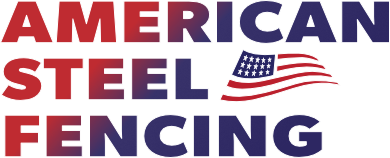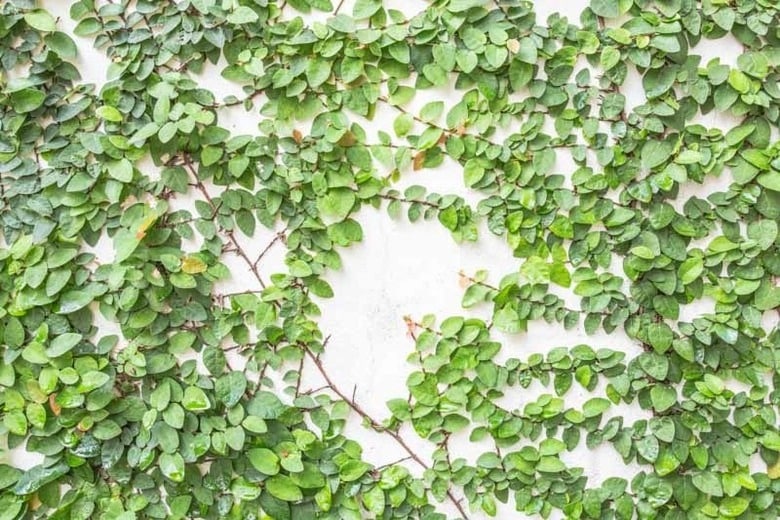Though you should never feel the need to hide your fence, some homeowners dream of long sweeping vines along their fence lines, especially during the Spring and Summer months. Steel fencing has a distinct advantage over wood fencing for growing vines along its panels. Steel fencing will not have the same issues with material damage as one would have when attempting to grow foliage over wood fencing. That being said, American Steel Fencing® experts tend to recommend trellises along the area of your fence that you would like to accent with greenery. This aids in giving vines something to cling to as they climb along the yards of fencing.?
Our American Steel Fencing® experts work with gardeners and landscapers alike in order to create the yard of your dreams. Some want their fences lined all year long. That is why our Portland steel fencing experts compiled a list of 3 different Evergreen vines that you can grow along your fence easily.
English Ivy.?
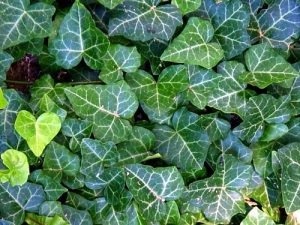
English Ivy is durable, easy to grow, and will cling to nearly any surface. Our Portland steel fencing experts suggest this vine for casual growers who would prefer to plant their vines and only need to do a small amount of maintenance. English Ivy grows best in shady areas, so it is best suited for fencing with shady patches during most of the day.?
The single downside of these vines is that they do not grow quickly, it can take up to three years for the vines to show significant growth, but once they do, they are an easy-to-maintain vine option that will grow continuously and stay fresh and green all year long.
Creeping Fig Plant?
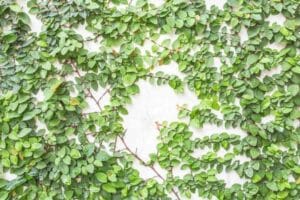
Creeping fig vines are named for the fig-shaped leaves that grow from their stocks. Our steel fencing experts only recommend this vine in warmer climates, such as Texas, California, Nevada, Florida, and some parts of Washington and Oregon. The reason for this is that this delicate vine cannot withstand harsh winters. If allowed, this vine can climb up to 20 feet tall.?
Creeping fig should also be planted in full to partial shade and be given plenty of water. Creeping figs can cling to their surfaces to a fault, making them difficult to remove if you ever tire of the vines. With regular fences, this could also mean significant damage to the fence itself as the vines are removed. That is why our Portland fencing experts generally suggest heartier fencing material, such as steel, to ensure that the fence structure can hold up to the clinging of the vines.
Carolina Jassamine Vine
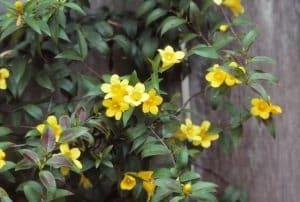
Carolina Jessamine Vines is a perfect choice for the grower who wants greenery along their fence with the added bonus of bright flowers that bloom during late Winter and early Spring. This is also a vine that grows best in full sunlight. Depending on which side your fence faces, this can be a great advantage as there should be no concerns about finding shady areas for the vine to grow. Under the right conditions, Carolina Jassamine vines are attractive vines that will grow rapidly.
Our American Steel Fencing® experts tend to recommend this vine for the more active and attentive growers as these vines can grow so rapidly they can become unruly if not pruned often. Gardeners should prune regularly in order to ensure the fullest foliage possible.??
No matter which vine strain you choose, accent a sleek, modern steel fence. Our Portland Steel Fencing experts will work with you along the way. For more information and expert tips, follow our blog at ChurDistribution.com
